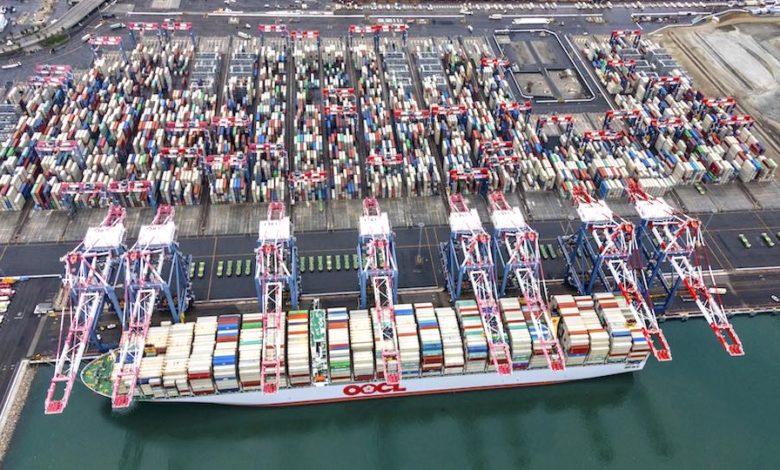US FMC moving quickly in implementing Ocean Shipping Reform Act

This week’s meeting of the US Federal Maritime Commission provided the public with an accounting of the organisation’s progress in implementing the Ocean Shipping Reform Act of 2022 (OSRA), along with a general summary of the new law’s provisions.
The commission reports it is moving expeditiously to fulfill the requirements of the new law. The most immediate deadline for the commission is to complete a rulemaking on unreasonable refusal to deal or negotiate on vessel space accommodations. FMC staff initiated this rulemaking effort the day OSRA was enacted, and a notice of proposed rulemaking seeking public comment is expected to be published in the immediate future. The commission is on track to have a final rule in effect by the statutorily mandated deadline of December 2022.
“Rarely does the Congress give an agency a specific to-do list, but here the Congress provided us with explicit tasks with timelines intended to help solve some of the nation’s supply chain challenges,” said chairman Danie Maffei. “These are important initiatives that will make a difference to people who depend on the movement of ocean cargo.”
He added: “Parties who are not compliant are inviting the scrutiny of the commission and exposing themselves to the consequences for not following the law or acting in a manner inconsistent with the clear direction of Congress.”
Other requirements of OSRA the commission has met since the law’s enactment in June include: establishing an interim process for submitting charge complaints; initiating hiring actions to enhance investigatory capacity by adding nine additional staff in key functions; enhancing the capabilities of the Office of Consumer Affairs and Dispute Resolution Services.
Work toward implementing other provisions of the law is in progress and announcements can be soon expected related to developing best practices for on-terminal or near-terminal chassis pools, and establishing an interim “one-stop” web-based gateway for submission of comments, complaints, concerns and requests for investigations to serve as a bridge while a longer-term product is developed.
